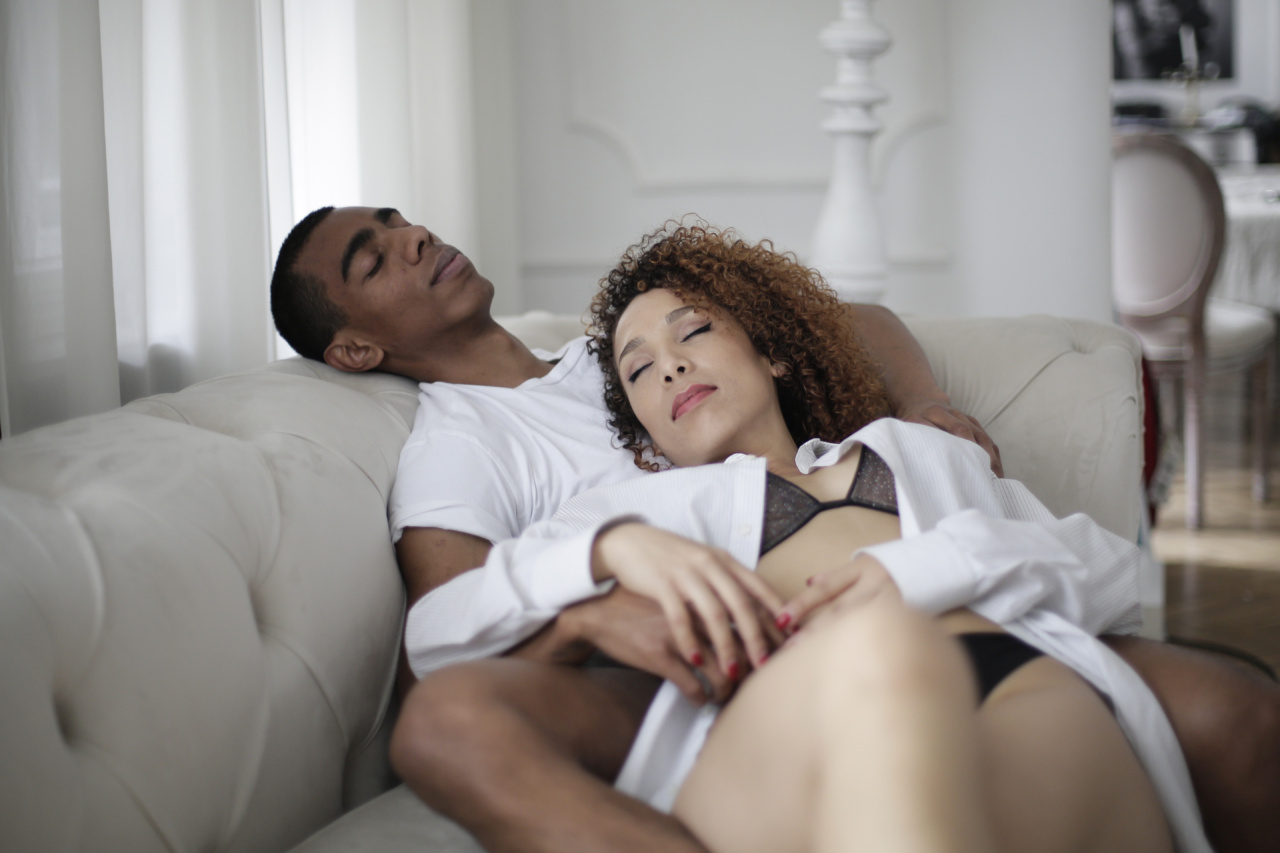Sleep and sexual attraction are two integral and fascinating aspects of human life. Both play significant roles in our overall well-being and happiness.
Although sleep and sexual attraction may seem like unrelated topics, research suggests that they have a complex relationship. This article explores the various ways in which sleep influences sexual attraction and vice versa.
The Impact of Sleep on Sexual Attraction
Sleep is crucial for various physiological and psychological processes, including the regulation of hormones. It directly affects our mood, energy levels, and overall health, all of which can impact our sexual attraction towards others.
Sleep Deprivation and Reduced Libido
A lack of sleep can lead to a decrease in libido or sexual desire. When we don’t get enough rest, our bodies experience higher stress levels, reduced energy, and hormonal imbalances, all of which can significantly lower our interest in sex.
The Role of Hormones
Hormones such as testosterone and estrogen play essential roles in sexual attraction. Sleep deprivation disrupts the normal hormone production and regulation, leading to a decrease in libido.
This imbalance can also affect our ability to accurately perceive and interpret social cues related to sexual attraction.
Sleep Quality and Sexual Satisfaction
The quality of sleep also influences sexual satisfaction. Studies have shown that individuals who get adequate, restful sleep are more likely to report higher levels of sexual satisfaction.
On the other hand, poor sleep quality can lead to fatigue, irritability, and decreased sexual functioning, ultimately affecting overall sexual attraction.
REM Sleep and Sexual Dreams
REM (Rapid Eye Movement) sleep is the stage of sleep associated with intense brain activity and vivid dreams. Sexual dreams are relatively common during REM sleep and have been linked to sexual attraction and desire.
The experience of sexual dreams can further enhance or influence our sexual attractions in waking life.
Sleep Disorders and Sexual Functioning
Various sleep disorders, such as sleep apnea, restless legs syndrome, and insomnia, can negatively impact sexual functioning.
These disorders often cause excessive daytime sleepiness, fatigue, and decreased libido, which can affect both sexual attraction and performance.
The Influence of Sexual Activity on Sleep
While sleep affects sexual attraction, the reverse is also true – sexual activity can impact sleep quality and duration.
Improved Sleep after Sexual Activity
Engaging in sexual activity can promote better sleep. During orgasm, the brain releases endorphins and other feel-good hormones that promote relaxation and a sense of well-being.
Additionally, sexual activity often involves physical exertion, aiding in the release of tension and exhaustion, which can lead to more restful sleep.
Intimacy and Emotional Connection
Intimacy and emotional connection, which are fostered through sexual activity, can positively affect sleep.
Feeling loved, secure, and emotionally connected to a partner can reduce anxiety and promote feelings of safety, both of which contribute to better quality sleep.
Sleep Disturbances and Sexual Relationships
While sexual activity can improve sleep, certain sleep disturbances can negatively impact sexual relationships.
Snoring and Sleep Apnea
Snoring and sleep apnea can disrupt a partner’s sleep, leading to increased fatigue and decreased sexual desire. These conditions should be treated to ensure a healthy sexual relationship and overall well-being.
Conclusion
The relationship between sleep and sexual attraction is complex and bidirectional. Sleep influences our sexual attractions through hormonal imbalances, reduced libido, and decreased sexual satisfaction.
Conversely, sexual activities can impact sleep quality through physical exertion, emotional connection, and the release of hormones promoting relaxation. It is important to recognize the importance of both sleep and sexual attraction in our lives and prioritize healthy habits to enhance both areas of well-being.































